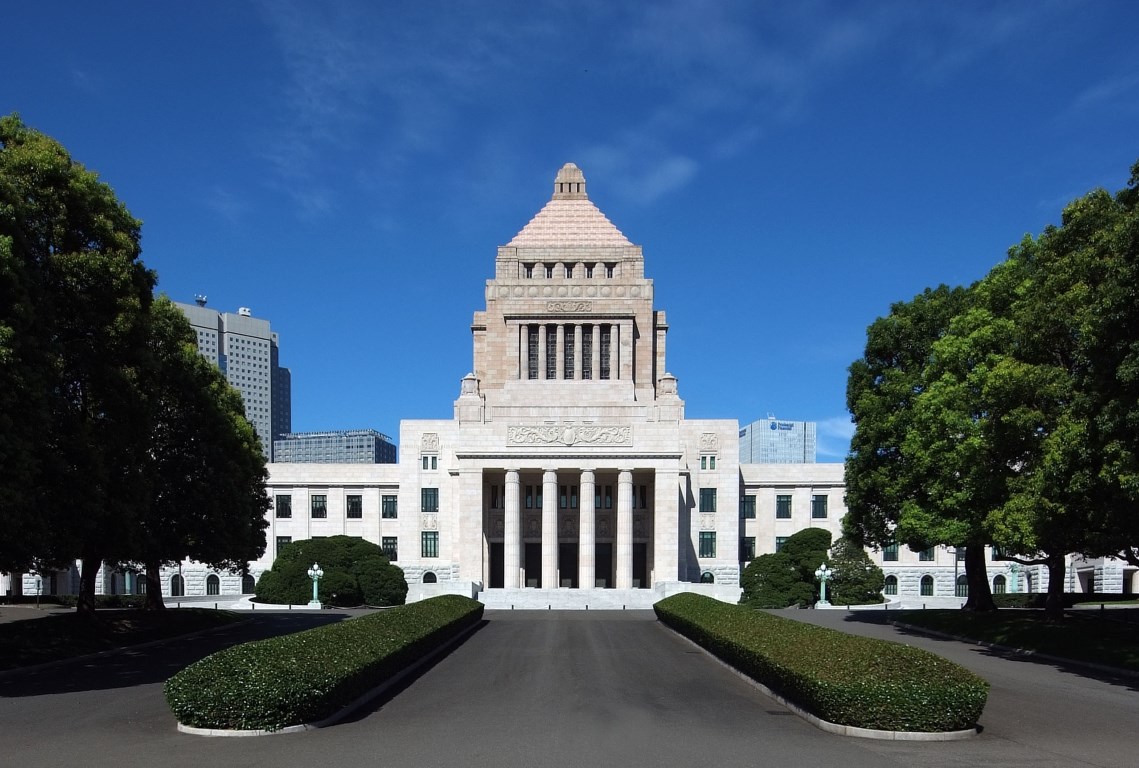Japan's Lost Army
May 4, 2017 | Expert Insights

Can Japan continue its Pacifist Stance?
The long running argument over amending the Japan’s war renouncing provision in its constitution was reignited on 3rd of April, 2017. Article 9 of Japan’s Constitution renounces war and prevents Japan from maintaining any kind of army. This provision was inserted into the Japan’s constitution upon the directions of American officials after Japan was occupied by the US post Second World War.
Threats to Japan’s security
The peace treaty between US and Japan indicating the strong ally between the two countries makes Japan vulnerable to threats from China and North Korea. China continues to try and change the status quo in the South China Sea by force based on its own assertion, despite its incompatibility with the existing order of international law. North Korea on the other hand launched a missile in December, stepping up the threat that the isolated, impoverished state poses to its rival especially the US.
What is binding the Japanese government from forming an army?
In 1952, the United States Congress ratified the peace treaty that formally ended the American occupation of Japan. This treaty permits the American Military use important bases of Japan for their defence from Far East. This treaty also enables intervention of US forces to put down the internal disturbances upon the request of the Japanese Government.
Apart from this peace treaty, there have many resolutions passed in Japan adopting different interpretations to Article 9. Initially Article 9 was interpreted to mean Japan’s right of individual self-defence. Later this interpretation progressed to defending of US vessels and presently has extended to proactive acts against threats to its ally even before the threat materialises to Japan.
The ally between Japan and US coupled with the proactive defence of Japan in favour of US makes Japan a very easy target for both China and North Korea. Considering this, the Shinzo Abe government decided to relook into Article 9 to contemplate an amendment. In furtherance of this thought, a survey was conducted to ascertain the views of public regarding such amendment. 49 percent of respondents said Article 9 must be revised while 47 percent opposed such a change. This sharp divide in opinions has further deteriorated the capacity of Japanese government to be decisive regarding the matter of amendment.
Assessment
Japan’s status has changed tremendously from a mere pacifist nation as a result of the language used in the resolutions passed. Terms such as ‘friendly nation’, ‘minimum necessary force’, ‘Japan’s survival’ etc. and the liberal interpretations attached to them indicate reassessment of Japan’s ties with its neighbours. There are high possibilities of Japan being dragged into the US-led strategic wars affecting its East Asian peace and international relations. An amendment to Article 9 would be a favourable step to Japan’s national security.








Comments